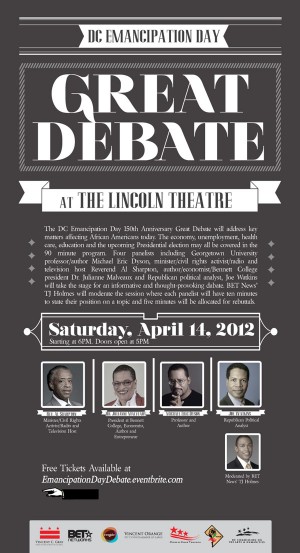 What: D.C. Emancipation Day Great Debate
What: D.C. Emancipation Day Great Debate
When: 6 p.m., Saturday
Where: The Lincoln Theatre, 1215 U St. NW
Cost: Free, but you should register here.
Why you should go: The debate is just one of a number of D.C. Emancipation Day activities taking place throughout the week (the actual day is on April 16). The event is a callback to the Lincoln-Douglas debates of 1858, a series of seven debates that took place between then-Republican Senate candidate Abraham Lincoln and incumbent Sen. Stephen Douglas. Slavery loomed large in those debates.
D.C.’s “Great Debate” will focus on issues affecting today’s black community, such as unemployment, the economy, healthcare and the 2012 presidential race. Panelists include Michael Eric Dyson, activist Rev. Al Sharpton, author Julianne Malveaux and Republic political analyst Joe Watkins.
Other events to consider: Seven major Asian American poets, writers and playwrights will present new work on Saturday at the National Portrait Gallery as part of “Asian American Portraits of Encounter Between Image and Word.” The new writings were commissioned as a response to the museum’s first major exhibition of Asian American visual artists. Tours of the exhibit start at 11:15 a.m., and the readings start at 12:15 p.m. The day will also include panels and book signings.



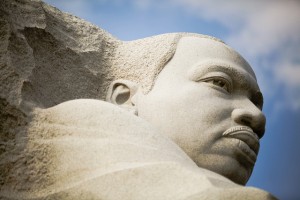
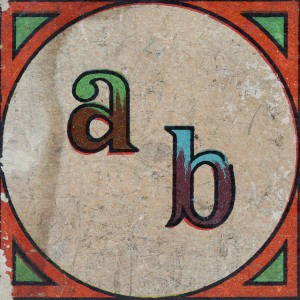
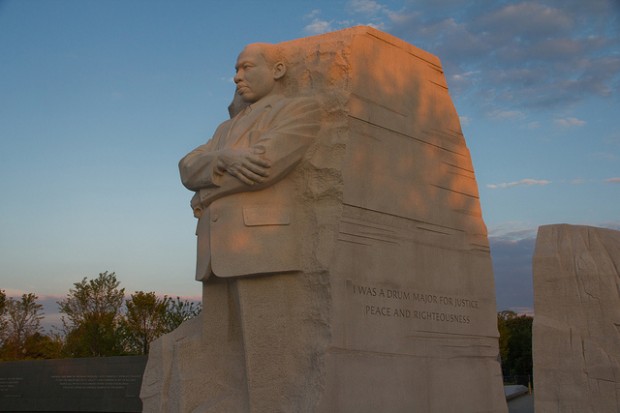
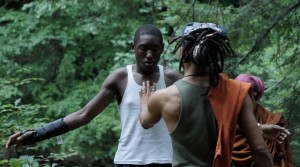
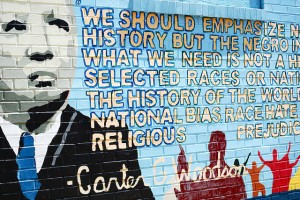
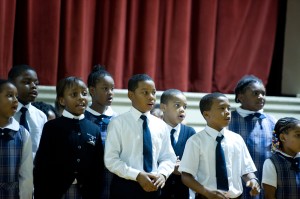
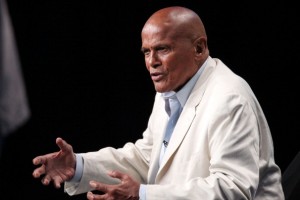
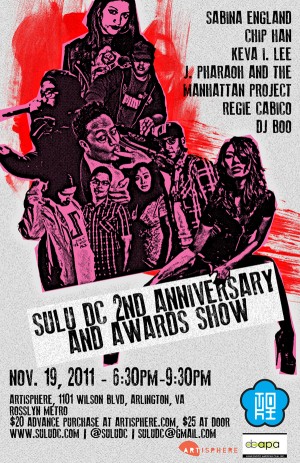 What:
What: